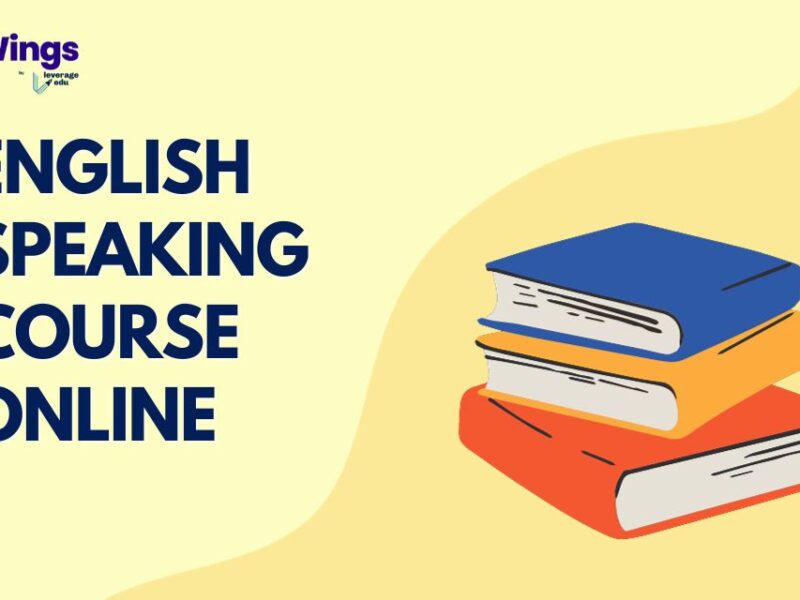“I’ve read a lot about a course in miracles facebook,” say beginning writers. “But the advice is always different. I’m confused.”Confusion is natural because of one little-known fact. It’s something few people in publishing will tell you, but I’ll explain this secret in a moment. First let me ask you: Have you seen any examples of book proposals? If not, this is your opportunity to learn what somebody else’s book proposal can teach you about writing your own book proposal — and it’s quite a lot.
Now to answer your question about the different advice you’ve been getting here and there and the confusion that you felt. The truth is that there is no standard book proposal. Surprised? You shouldn’t be. Publishing is an art, not a science. There is no exact formula for writing a book proposal. Basically there’s no absolute need for a book proposal either. All you really need to do is convince an editor at a publishing house to buy your book.
“Well, how am I going to do that?” you ask.
The way to convince an editor to buy your book is, of course, to answer the questions that will be uppermost on the editor’s mind, such as “What is the title of your proposed book?” and “What does your book contain, what is the basic premise of your book?” and “What are your credentials for writing the book?” and “Who do you think would buy your book?” and “How can we promote and publicize your book?” and so on. All these questions are answered by a book proposal, which is why even though a book proposal isn’t absolutely required, it’s a good idea to write one 99.99 percent of the time. Unless you and your editor are good buddies and you can just explain all of the above to her over the phone, it’s a good idea to write a book proposal.
EXAMPLES OF BOOK PROPOSALS
Before you even go hunting for examples of book proposals — which I’ll tell you where to find in a moment — you’ve got to understand the basic purpose of a book proposal. The purpose is to convince a literary agent and editor of your ability to write this book. That’s why looking at other people’s book proposals must be done cautiously. Somebody else’s book proposal may be vastly different from yours in almost every section. Your book proposal must reflect you.
That being said, there are things you can learn from a book proposal, or from the parts of a book proposal that have been prepared by someone else. You can find examples on the web and in books about book proposals. But the best thing to do is to read one trusted source and use it to write your own book proposal. If you go looking at too many examples from too many sources, chances are your book proposal will be a hodgepodge and will have no continuity and cohesion.
WHAT CAN I LEARN FROM AN EXAMPLE OF A BOOK PROPOSAL?
The number one thing a book proposal example can teach you is that structure is important. In the overview section, for example, you’ll see how the writer hooks a reader’s interest and then talks briefly about the book. In the marketing section you’ll learn how to talk about your own market. Didn’t know you had one? Of course you do — if you have a book idea, you have a market for the book, that is, the people who will buy it. In the promotion section you’ll learn how other authors talk about promoting their book, and that can give you ideas how you can promote yours.

